A genuinely talented musician might be thinking, “What do I need software for?” Yes, it takes talent to create a really good song that makes it to the top of the charts (and makes the artist a lot of money as well). But, what if you’re not signed yet? How would you record your music and get it “out there?” That’s what you need the best music software for. Here are a few more reasons why we bother with this list at all: these tools provide sound effects, dub-over for multi-track recording, removal of background noise function, bass boost, and amplification. Anyway, we won’t waste any more of your time with generalizations. Here are 10 reasons why you ought to start browsing for digital audio workstations now.
10. Propellerhead Record Reason Duo
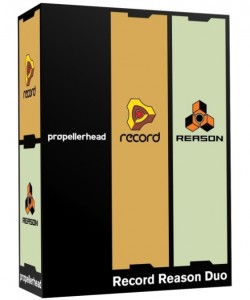
Do you require a fully-equipped electronic instrument rack? Then, you’d better get a Propellerhead Reason. How about a software recording studio? You’d need a Propeller Record for that. Or you can just get yourself a Propeller Record Reason Duo. This two in one package is a good enough purchase for serious musicians and record producers. So yes, we recommend this for people who want to create and produce music but do not have the money to invest on both.
9. Sound Forge Audio Studio 10
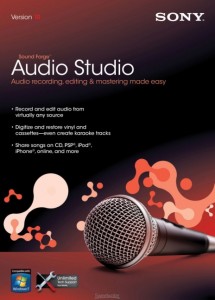
Recording, mastering, and editing are the main functions offered by Sound Forge Audio Studio 10 by Sony. This software also allows importing of tracks from mp3 and CD format, and karaoke tracks via a function called Vocal Eraser. The Sound Forge Audio Studio 10 is the newest version of the program. It has window layouts that you may customize (might as well go emo all the way, if that gets you going). The vinyl recording and restoration tool might tickle the fancy of old-school musicians. It can also synchronize audio with video, and has AAC and MS Windows 7 support. If you have no idea at all what these features are for, a tutorial is available as well.
8. Ableton Live
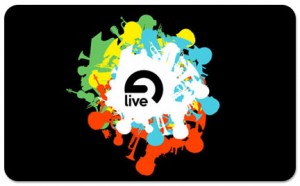
And now, we have one for DJs. Ableton is great for live mixing and it does not discriminate between Mac and PC users. Ableton is capable of supporting MIDI output and input and various synthesizers and sound cards. If you’re not a DJ and have no talent with live mixes, you can also use this software in producing music in the studio. Ableton is a real bargain for musicians who are into both.
7. Apple Logic Pro
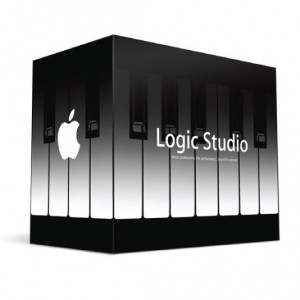
Obviously, this one is exclusively for Mac users. (Every list has to have at least one). This is reportedly the software of choice for professional musicians working on their next big hit in a real recording studio. It is also reportedly the award-winning producer’s choice. Believe what you may. What you ought to trust is this next bit: it’s now cheaper (a marketing strategy?). So better get Logic before they make it expensive again. You just might hit it big this time.
6. Magix Music Maker 2013
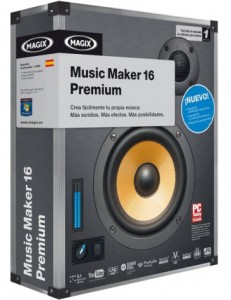
What on earth would you do with “over 3000 sounds and loops?” Beats me, but if that’s what you’re after then this is the software for you. If you want the whole gamut of musical instruments in digital format, then this tool will give you drums, a string ensemble, guitar amp, and even a cool beat box. If you’re starting out and have no idea whatsoever what you need, this software is a good enough place to start since it’s sort of a dinosaur in the music software industry. By the way, this was developed for Windows OS loyalists.
5. PreSonus Studio One and Two
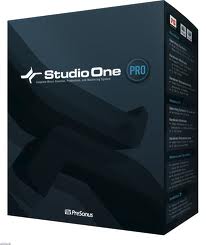
PreSonus is a hardware firm. But before you judge the book by its cover, check out the feedback from PreSonus Studio One and PreSonus Studio One 2 users. “One” was impressive enough even for the most critical digital audio workstation critics (redundancy intended). Now that “One 2” is out, the excitement is focused on the “Integrated Melodyne Pitch Correction” feature. There are so many new and exciting features, and we’d leave it to you to discover them. (We don’t want to spoil the thrill of discovery).
4. Linux Multimedia Studio (LMMS)
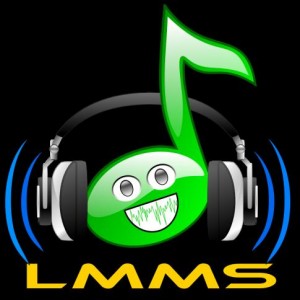
That logo is kind of cute, isn’t it? But before serious musicians scoff at the rather juvenile choice, how about giving it a chance first? For one, you might be expecting a simple interface (that logo again), but according to users, the expandable windows are pretty complicated at first. But despite being non-intuitive, musicians swear by it. Are you up to the challenge?
3. Dark Wave Studio

DarkWave Studio has many fans possibly because it has three workstations, namely the VST host, pattern editor, and the sequencer. The function of the VST Host is for configuring and docking various plugins. The pattern editor is the main music creation platform. The sequencer is where the final track is put together. Here are some of the adjectives associated with this software: clever, simple/complex (depends on your aptitude), powerful, and excellent.
2. Ardour
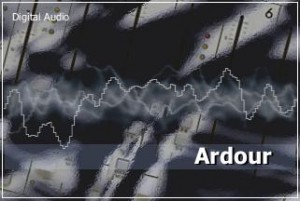
Ardour is designed to work with Mac and Linus operating systems. It is one of the most powerful music software for professionals today. (You might not even mind giving a donation when the free version is no longer for keeps.) The tools included in this software include mixing, editing, recording, and mastering tools for audio tracks. Many musicians recommend Ardour as the best digital audio workstation out there for Linux and the best alternative to ProTools. There’s enough positive feedback out there that we decide it’s a great choice for the number two slot.
1. Image Line FL Studio
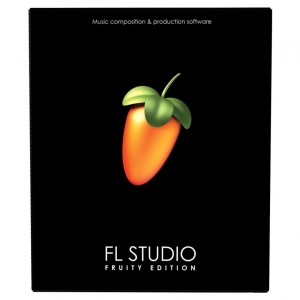
FL Studio (don’t ask us what “Fruity Edition” is all about) is the favorite of many people who bother to state their opinion about the digital audio workstations or DAWs that they like (and don’t like). This tool is more than an entry-level tool. And it now works on iOs platforms, making so many more people access to its full features. It downloads really fast, and everyone who has paid for it does not regret the investment.
Leave a Reply